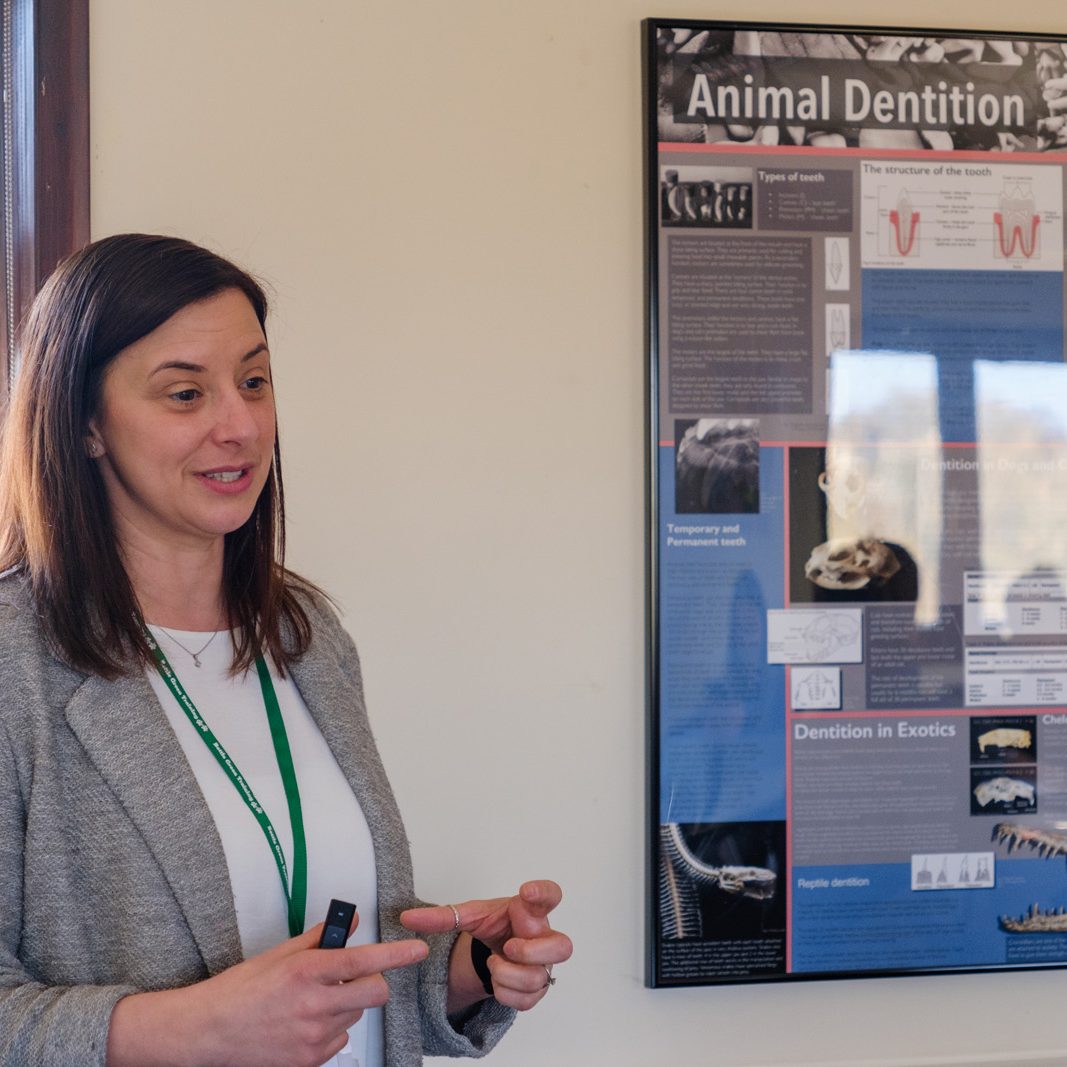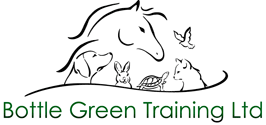
Training practices
Why become a TP
Approved training practices are able to offer clinical training that is essential to qualification as a veterinary nurse.
Training your own staff can be a very rewarding and cost effective way of recruiting the right people for the right role within your veterinary practice. You will be able to train someone to fit your practices needs and also expand the skills of your existing team.
It can provide a route for career progression within the practice as students require a coach or mentor to guide them through their training in practice.
At Bottle Green Training we pride ourselves on providing up to date training to students which in turn will enable your practice to be kept up to date with new techniques and technologies.
As your students are training whilst working they very quickly gain valuable practical and theoretical skills as they are learning on the job.
To become a training practice (TP) you need to have a busy enough case load to support a student nurse through their training and have sufficient facilities. However there is the possibility of becoming an aTP if you do not have all of the facilities or caseload requirements.
You will need to have a qualified member of staff either MRCVS or RVN to be trained as a clinical coach, who will mentor your student through the practical aspects of the training.
If you are interested in becoming a TP through us, we can send you the RCVS application paperwork and support you through all aspects of the application. We will arrange a mutually convenient time to come to visit you on site.
Apprenticeship Training
What is an apprenticeship
Apprenticeships are for those aged 16 or over and combine working with studying to gain skills and knowledge in a job role.
Veterinary nurse / Institute for Apprenticeships and Technical Education
Apprentices can be new or current employees.
Apprentices must:
-
- work with experienced staff
- learn skills relevant to your organisation
- get time for training or study during their working week (at least 6 hours per week)
Employer cost
-
- Apprentices are paid the minimum wage
- Smaller, independent practices will be asked to contribute 5% of the apprentice’s training and assessment costs, the remaining 95% will be paid for by the Education and Skills Funding Agency (ESFA) (100% is paid for levy practices, or any practice with an apprentice aged 16-18 years).
Centre Services
What you can expect from BGT
For apprenticeship provision:
An initial assessment to identify the knowledge and skills and behaviours which apprentices bring to their programme and to identify any areas which they will need to develop to achieve their apprenticeship.
Training in safe environments delivered by qualified tutors with specific industry experience and qualifications.
Training which will develop a deeper understanding of equality, of safeguarding and of fundamental British values.
Provide clear and supportive guidance on how to meet the governments ‘Off the Job Training’ requirement (OTJ).
Regular and ongoing assessment of an apprentice’s knowledge, skills and behaviour based on the required standards.
Regular reviews to assess progress and agree future targets.
On-going support. By enrolling on to an apprenticeship, apprentices will have access to a broad range of provision such as advice on maintaining mental health, healthy living, and where appropriate, support to improve your employees maths, English and ICT.
Independent information, advice and guidance is given throughout the apprenticeship.
With regard to the qualification
Apply for enrolment with regulatory and the awarding bodies on behalf of the employer and apprentice.
Provide apprentice and employer monitoring and support visits in practice.
Monitor, review and verify evidence of practical skills and training
Claim for certification upon award completion
Provide bespoke training, quality assurance and standardisation for Clinical Coaches
Our commitment to ensure health, safety and welfare
At BGT we have stated our commitment by a range of formal policies covering Equality, Diversity and Inclusion, Health, safety and welfare and Safeguarding.
Employer responsibilities
Employers need to provide:
-
- a safe work environment and a full Induction to policies and procedures
- have an apprenticeship contract of employment, working 30+ hours per week
- ‘Off-the-job’ training/learning to be done during the apprentice's normal working hours
- ‘On-the-job’ training to ensure your apprentice has opportunity to learn and develop job-specific skills.
- opportunity for the apprentice to meet with a BGT Liaison Officer every 12 weeks to review progress and agree targets with their practice Mentor or Clinical Coach.
Employers need to have:
-
- a signed Apprenticeship Agreement (agreement of terms between the apprentice and employer) and Commitment Statement (contract of training, and roles of the employer, provider and apprentice during the apprenticeship).
